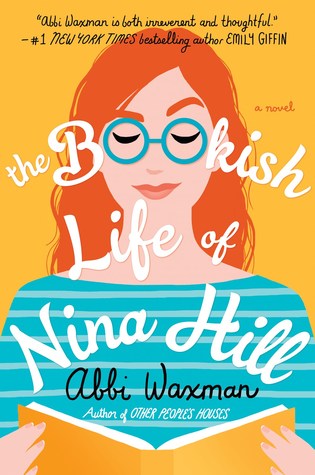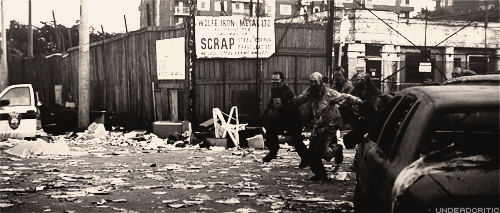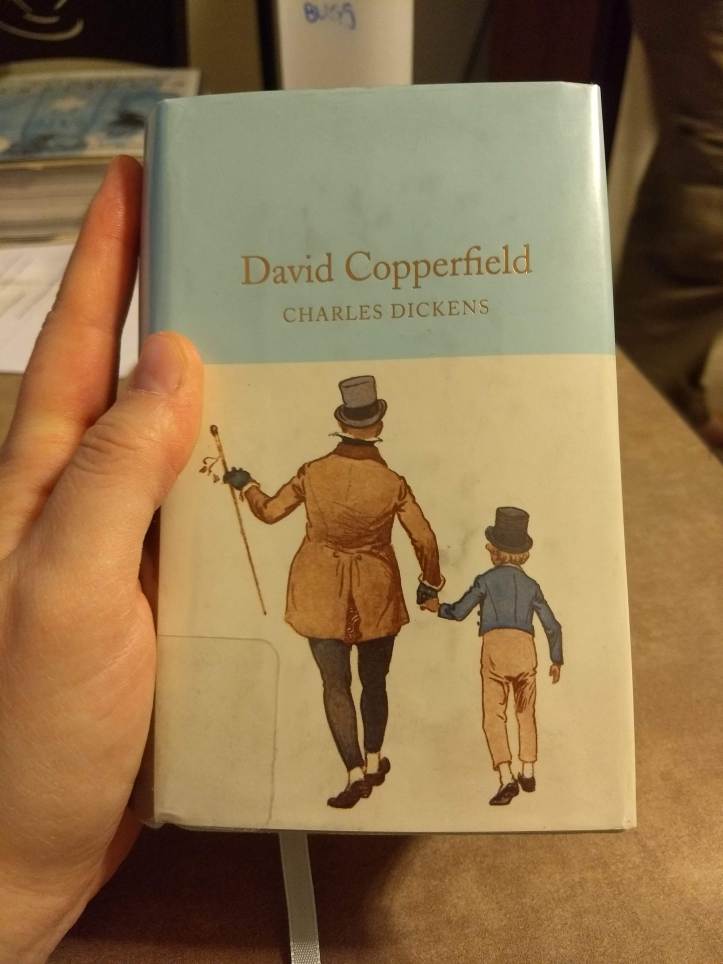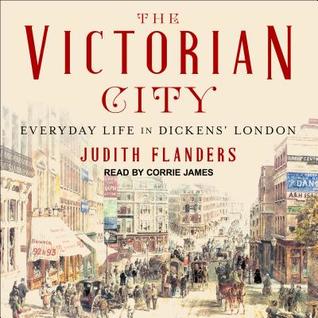Interesting Facts From School This Week:
This week the focus is youth programming, which includes ages 0 to 18. It turns out, teens seem to be the hardest for my classmates’ libraries to engage, which is understandable.
“Incentives are a loaded practice and can get expensive. We don’t want to create a culture of rewards, since many activities are a reward in and of themselves.” — Source.
“Passive programming is subversive — teens see, engage, and connect with the library without ever once being told what they’re doing is good for them.” — Source.
Libraries can help teens learn how to make a dish based on food presented in their favorite books, even if that means learning that Turkish delight isn’t that great. — Source.
“By 3 years of age, there is a 30 million word gap between children from the wealthiest and poorest families.” — Source.
This Week’s Blog Posts:
Wednesday I posted my review of Inside Madeleine by Paula Bomer, who is an interesting writer whose work ebbs and flows for me. The novella was the real winner in the collection and worth the price of admission.
Friday it was time for chick lit. The Bookish Life of Nina Hill by Abbi Waxman is apparently on many readers’ lists, and I was glad to answer questions about how much the novel focuses on romance and awkward cutesy “girls.”
Next Week’s Blog Posts:
Monday is the 14th book review for #ReadingValdemar. This year finishes out with a trilogy of books I’ve dubbed “the owl trilogy,” but which are actually titled Darian’s Tales. My Owlflight post will be published on Monday.
Wednesday’s post is some October fun. What scary, creepy books turned into movies and TV shows would I recommend? I have my top six, coming at you. All six recommendations are books by women, of course.
Friday brings another trio of audio book reviews, and don’t think I’ve been skipping out on the scary, spooky stuff!
Book I’m Reading Aloud to My Spouse:
Even though we’re 100 pages from the end, tragedy won’t let in up David Copperfield’s life. It’s Dickensian England; what did I expect? To complement Charles Dickens’s self-professed favorite novel he wrote, we’ve started listening to The Victorian City: Everyday Life in Dickens’ London by Judith Flanders, read by Corries James. So far, we’ve learned 1) everyone walked, 2) it’s hella loud, and 3) roads are hard.
Books Added to the TBR Pile:
Thanks to Bill for his recommendation!











I’ll definitely keep an eye out for those scary book to movie recommendations!
LikeLike
I’m so glad! Happy October! 🎃👻
LikeLiked by 1 person
Regarding teens and libraries – the world is just so different today. I am not a teen, but I would never go to the physical library. However, I do occasionally download audiobooks from the library app. So, I think it is about having a good selection of e-books and audiobooks targeting young people, they pretty much live through their phones. And a super-cool app, of course 😉
LikeLike
I know tend read quite a bit, but the library wants to engage them through programming, too. That’s the challenging part because tends have so many other obligations.
LikeLike
Thanks for the mention. And I’m going to have to get an ebook account so I can follow up some of your reviews – starting with Nina Hill. Also, during the week you were talking about reading Crime & Punishment. I think I have an audio copy at home and would be happy to follow along and contribute (a little!).
LikeLike
That would be exciting! I’d like to read one part of C&P a week, something like that. A leisurely pace so I can keep up with blogging, too.
LikeLike
Wow, a 30 MILLION WORD GAP. That’s frightening.
LikeLike
I didn’t even know that I knew 30 million words. Maybe they been total among all toddlers??
LikeLiked by 1 person
I wondered that as well! Or perhaps that toddlers have had the opportunity to HEAR those words, not they KNOW that many and could use them in their regular vocabularies?? It’s a huge number, in any case!
LikeLiked by 1 person
Speaking of youths and books…I’ve joined a new board! It’s for Calgary Reads, a charity dedicated to helping young kids, like super young kids have access to their own books. The idea is that building a voracious reader means we need to read to kids as soon as they pop out of the womb, and it’s good to get them their own books in addition to them taking out books from the library. One of our programs is having a box of brand new books that families can pick through and take from when they come to the Calgary food bank. They also give out board books to parents who take their kids to get vaccinated. It’s just…a wonderful organization, and I’m so proud to be a part of it. And I’ve read that 30 million word stat and it’s frightening. They’ve also found a direct correlation between low reading ability and likelihood of going to jail.
LikeLike
I know kids who have reading parents will read, but one thing I’ve enjoyed is giving babies rag or cardboard books that they can pretend to read. Give them the habit young!
LikeLiked by 2 people
Little tiny children will hold books when they see adults holding books, and it’s always so cute when their book is upside down, but they look like they are reading deeply.
Libraries have programs for brand new babies to help with finger dexterity, learning facial cues, all sorts of things for tiny patrons who can’t even hold their own heads up yet!
LikeLike
exactly!!!
LikeLiked by 1 person
A lot of people in prison have learning disabilities, and I wonder how prison statistics would change if we recognized and diagnosed learning disabilities earlier in life and made people interested in learning because they CAN do it.
Congrats on joining the board; I know you will be a powerful influence on your community. Does it require a lot of volunteer hours?
LikeLiked by 1 person
So far yes, because I’m the chair of a committee that is collecting items for a silent auction next summer. So, most weeks, 2 or 3 hours, and then once a month about a 5 hour meeting 🙂
LikeLiked by 1 person
And thank you for your kind words 🙂
LikeLiked by 1 person
I learned about that 30 million word gap when Pearl was a baby, though it wasn’t presented as a difference between the wealthy or the poor but simply as being about parent involvement. Though that makes sense because parental involvement is often tied into financial security. It’s crazy to think how much of an advantage or disadvantage a kid can be at before they even hit kindergarten!
LikeLike
I would think children are more likely to spend time alone or in front of the television if their parents have to work a lot of hours. Or, if the parents can’t afford childcare, the children are unsupervised and may not chose activities that increase literacy.
It’s incredibly weird to think how much children are affected pre-K. Apparently, that’s also the best time for them to learn multiple languages, because their brains are so spongy.
LikeLike
Yes, there’s a window of time where babies can still make every sound and the cut-off is surprisingly early. Our brains apparently just decide we don’t need certain sounds because they never hear them. You can learn them later but it’s not as easy.
The research I heard was applied to toddlers so (hopefully) they’re not left unsupervised entirely! But depending on the type of care available, they’re not necessarily getting one-on-one care or a lot of interaction. But older kids, I think that’s definitely true. And I imagine the internet has changed things too. I spent a fair bit of time alone after school but I read a lot because there was no internet and our TV only got 3 channels.
LikeLike
I remember the ol’ three-channel days. My nieces each have tablets. I wonder if watching YouTube videos and such increases their vocabulary? It’s a lot of listening!
LikeLiked by 1 person
Actually, there have been studies done on this, for both adults and children. We do learn from videos etc but it isn’t as effective. It doesn’t engage our brains in the same way, I seem to recall.
LikeLike
Good to know. I’ll have to look into this more. My library just got tons of books about brain activity and development in children.
LikeLiked by 1 person
It would be interesting to know more. My information comes from a few parenting classes I took about three years ago but I never delved into it further.
LikeLiked by 1 person